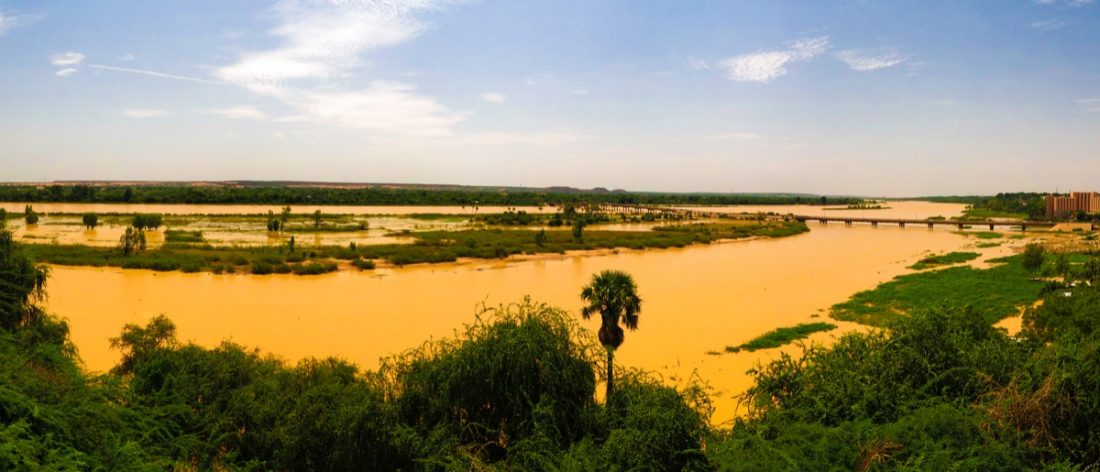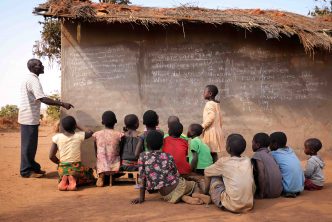Image Credit: Afrik 21
Poor governance is at the root of the current instability in the Niger Delta and has wider repercussions for the West Africa region.
Since gaining independence, ruling elites have tilted the entire governance system of the country towards informal patronage networks that extract oil rents and protect privileged business interests. Exploitation of this system means that the benefits of the crude oil resources being extracted from the Niger Delta and from other national economic activities – have not been abundantly available to develop capacity at different levels of government.
Consequently, the initial design and intent of Federal and State ministries, departments and agencies (MDAs) have been systematically eroded over time. In their current state they are unable to satisfy the basic needs of the citizens and are thus failing to protect their human, social, economic and political rights.
With failing legal and democratic mechanisms, political actors are free to use “sources of manipulation and profiteering by political, criminal, or militia actors” to “incite violence to further their interests” 1 and preserve their authority over citizens. Such a set of circumstances fuels longstanding grievances and conflict. Reforming the
way this system works, and reducing the avenues for corruption, is an important first step in the implementation of a broader development accord for the Niger Delta region that will have both regional and national benefits.
The administration of President Yar’Adua brokered an Amnesty deal with Delta militants in 2009, which has only increased State reliance on the use of force; reacting to unrest by regularly deploying the Army, Navy, Joint Task Force (JTF) and paramilitary police. The militarized response has delivered a fragile peace, reinforced by frequent abuses of human rights by security forces that are ill equipped and inadequately supported for a complex peacekeeping task. Basic security roles are carried out, but corruption has set in and led to contradictory activities on the ground.
This has created the perception that the mandate of security forces is not to protect citizens but to safeguard powerful interests. In turn, this has pushed local communities to search for alternative security provision measures, contributing to the militarization of the region, escalating violence and causing more damage to the oil industry. However, by buying peace the Amnesty Programme created the space for other Federal and state MDAs to execute broader development activities for the Niger Delta. Now is the time to show strong leadership to coordinate and implement an effective development approach with the people of the region before this window of opportunity closes.
The challenge for the Federal Government is to change the administrative levers that control the region, while taking concrete steps to involve local communities in their development plans. This requires a fundamental shift beyond oil patronage as a core determinant of the way government functions. The starting point for public dialogue must be governance that enables productive and sustainable use of local resources. This means a radical change from paying lip service to “non-oil” economic development. It also means a community level reorientation on how citizens can participate in Federal and State decision-making, and what services and rights they should be able to demand in return for their support.
Download the paper below.







